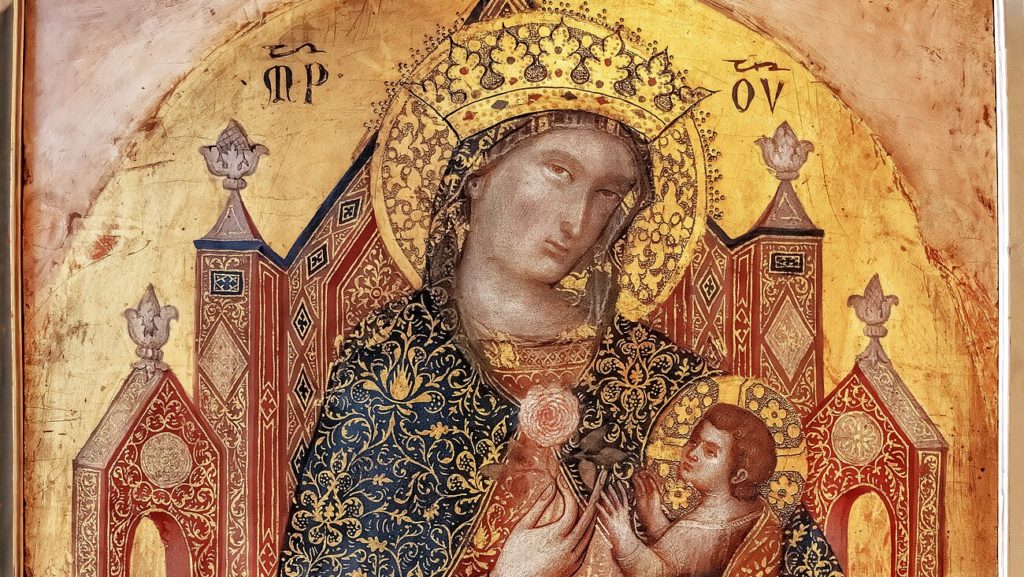I wrote my book “Hail, Holy Queen” (Image, $11.30) in 2001 as a defense of the Catholic Church’s beliefs and practices related to Mary. The book was packed full of arguments and evidence. But I ended it on a somewhat cautionary note.
In the mid-1980s I was a former Protestant minister, newly Catholic, and just beginning to make a name for myself in public speaking. Fundamentalists and evangelicals would sometimes attend my lectures to challenge me, and I was eager to take them on. I knew their arguments — I had once espoused them myself — and I knew the right biblical response. I began to look forward to these challenges, as a marksman looks forward to the next clay pigeon.
Flush with success, I found myself one weekend in the neighborhood of my old Protestant seminary. I rang up the professor I’d served as a teaching assistant, and he invited me to stay at his home.
I knew that he wanted to challenge me, and I was eager to be challenged.
Soon after I arrived, my host and his wife began to pepper me with questions — about the pope, purgatory, Eucharist, priesthood, confession. In each case, they seemed to understand the sense of the Catholic position, even if they couldn’t accept it.
Then, around midnight, my old prof said to me: “What about the Assumption?”
I knew what he was implying — that there is no scriptural evidence for the Assumption. I was annoyed that he was bringing up the hardest case at that late hour. But I was also unprepared. I replied, “Well, you can look at Revelation 12 and see that there she was, body and soul in heaven.”
“That’s nice, Scott,” he said. “But give me evidence that anyone in the Church believed that before the sixth century.”
In my book I detail my weak responses. I didn’t even know a book I could recommend.
And I, the macho apologist, began to feel the effects of a day’s worth of sporting arguments — and a year’s worth of intellectual pride.
I felt defeated. Before getting into bed, I knelt and apologized to Jesus for failing to defend his mother.
The following day happened to be Dec. 8, the feast of Mary’s Immaculate Conception, and the only Mass I could find was at a local shopping mall. There a Carmelite priest preached a stunning Marian homily. I saw it as a sign.
As soon as he pronounced the Mass’s final blessing, I rushed to the sacristy and told him about the previous night’s conversation. From a cabinet he produced a book on Mary’s Assumption, and he signed it. He was the author! And I was able to present it to my friends.
Even then, they were not convinced, but God had provided a word when I could not.
I could not know, back then, that non-Catholic scholars were about to uncover the rich, early history of the doctrine of the Assumption. Stephen Shoemaker and others would publish books pushing the origins back by centuries. The evangelical Richard Bauckham would trace the Assumption traditions to “the fourth century at the latest, but perhaps considerably earlier.”
Earlier indeed.
The argument isn’t ours. God will make his response, in his time. We need to witness. Let’s do so on the feast of Mary’s Queenship, Aug. 22.

